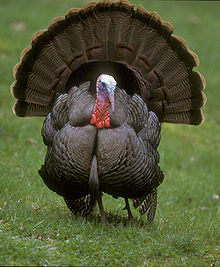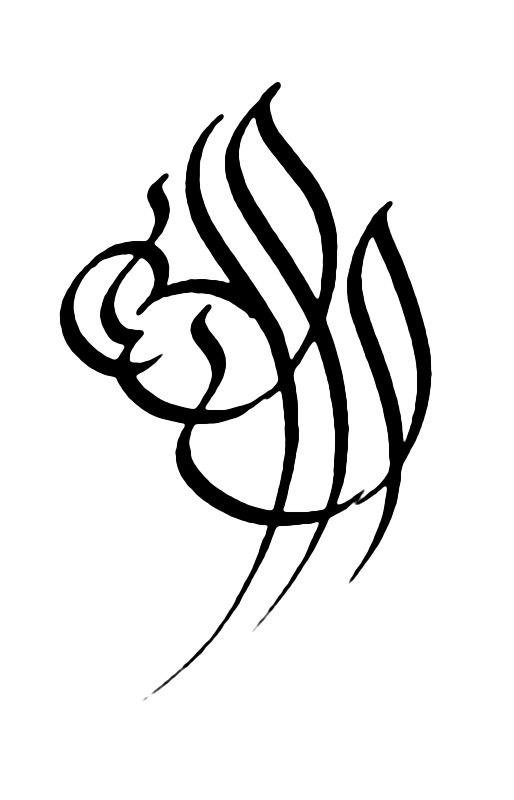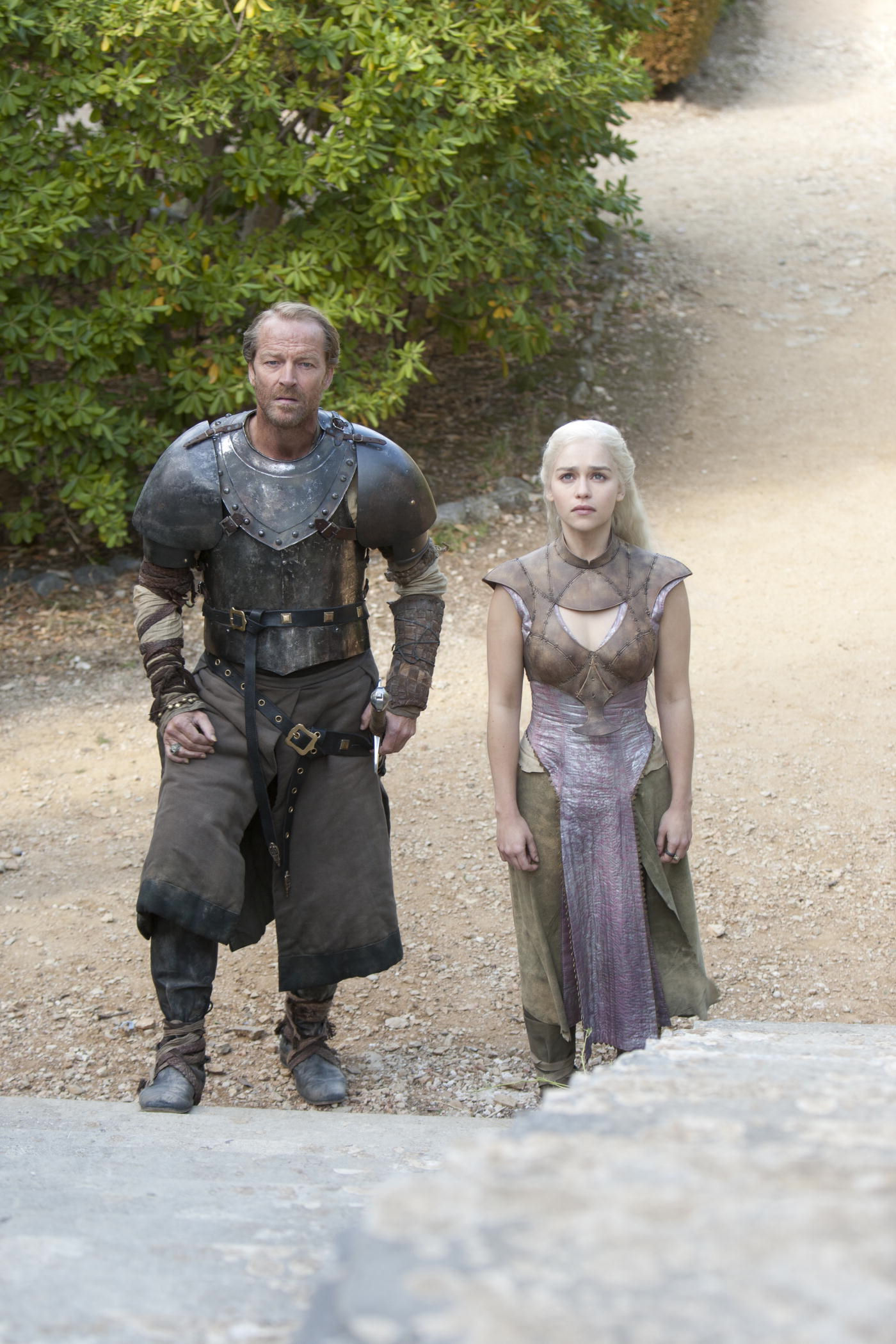To those in America, Happy Thanksgiving! To those in Canada, Happy Thanksgiving about a month ago! To those elsewhere, happy day! Something that may have been asked before but which I didn’t address was a Dothraki word for turkey. It seems to me that there would be no turkeys in Essos, if it was modeled… Continue reading Happy Thanksgiving
Tag: etymology
I Care!
Happy Wednesday! I thought I’d do a mini-post on a small question that’s come up a couple times and deserves a tiny bit of fleshing out (hashtag little). More than a few people have asked how to say something along the lines of either “That’s important to me” or “I don’t care”. Our English verb… Continue reading I Care!
Chiftikh
That’s my nearest approximation of “quick hits”. A chiftikh is a word for a strike (with a blade) that we might describe as a “glancing blow” in English—a nick. Only a flesh wound. A friend of mine—and one of the Old Guard conlangers—Barry Garcia has taken recently to conscripting (minus the conlanging), and this past… Continue reading Chiftikh
Jalan Atthirari Anni
If I may step away for a moment from my regularly-scheduled Dothraki posts, today my wife and I celebrate our four year wedding anniversary (though in November we will have been together ten years). Erin has stood beside me and supported me ever since we’ve been together—and that can’t have been easy. She supported me… Continue reading Jalan Atthirari Anni
Hash Yer Ast Fin…?
The finale has come and gone, so I thought it might be fun to take a look back at my last Dothraki adventure from season 2. In addition to elucidating a key piece of dialogue from episode 210, it’ll also give you a glimpse into what it’s like to work as a conlang translator for… Continue reading Hash Yer Ast Fin…?
Ei Mahrazhi’th Drivoe
And so Game of Thrones is ready for another 8 month or so break. I’m sad to see it go, but looking forward to getting to work on season 3 (no further details yet). Today’s season finale had quite a bit of meat on its bones, though, so let’s get right to it! Incidentally, before… Continue reading Ei Mahrazhi’th Drivoe




